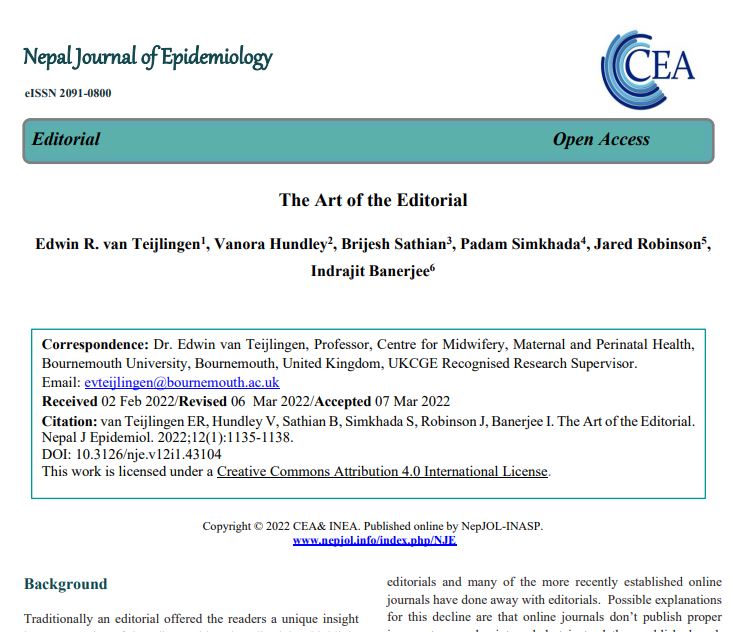 Today the Nepal Journal of Epidemiology published our latest paper on academic writing, under the title ‘The Art of the Editorial’. [1] This editorial highlights the importance of writing and publishing editorials in scientific journal. Writing editorials seems sometimes to be a dying art. This is perhaps due to more and more online journals not publishing regular issues, but adding papers online as and when they have been reviewed, revised and accepted. This paper is co-authered by Bournemouth University’s Professors Vanora Hundley and Edwin van Teijlingen, two of their four co-authors are also BU Visiting Faculty: Prof. Padam Simkhada based at the University of Huddersfield and Dr. Brijesh Sathian based in the Geriatric Medicine Department, Rumailah Hospital, Hamad Medical Corporation in Qatar. This paper is an Open Access publication.
Today the Nepal Journal of Epidemiology published our latest paper on academic writing, under the title ‘The Art of the Editorial’. [1] This editorial highlights the importance of writing and publishing editorials in scientific journal. Writing editorials seems sometimes to be a dying art. This is perhaps due to more and more online journals not publishing regular issues, but adding papers online as and when they have been reviewed, revised and accepted. This paper is co-authered by Bournemouth University’s Professors Vanora Hundley and Edwin van Teijlingen, two of their four co-authors are also BU Visiting Faculty: Prof. Padam Simkhada based at the University of Huddersfield and Dr. Brijesh Sathian based in the Geriatric Medicine Department, Rumailah Hospital, Hamad Medical Corporation in Qatar. This paper is an Open Access publication.
This paper on the art of writing editorials follows on from a series of papers on a wide-range of aspects of academic writing and publishing by FHSS (Faculty of Health & Social Sciences) authors [2-18]. FHSS co-authors on aspects of academic writing include: Dr. Orlanda Harvey [2], Dr. Pramod Regmi [2-3,4,16], Prof. Vanora Hundley [1,3,5,6,12-14], Dr. Nirmal Aryal [3-4], and Dr. Shovita Dhakal Adhihari [4,16], Dr. Preeti Mahato [3,16].
References:
- van Teijlingen, E., Hundley, V, Sathian, B., Simkhada, P., Robinson, J., Banerjee, I. (2022) The Art of the Editorial Nepal J Epidemiol, 12(1): 1135–38.
- Harvey, O., van Teijlingen, A., Regmi, P.R., Ireland, J., Rijal, A., van Teijlingen, E.R. (2022) Co-authors, colleagues, and contributors: Complexities in collaboration and sharing lessons on academic writing Health Prospect 21(1):1-3.
- Wasti, S.P., van Teijlingen, E., Simkhada, P., Hundley, V. with Shreesh, K. (2022) Writing and Publishing Academic Work, Kathmandu, Nepal: Himal Books
- van Teijlingen, E.R., Dhakal Adhikari, S., Regmi, P.R., van Teijlingen, A., Aryal, N., Panday, S. (2021). Publishing, identifiers & metrics: Playing the numbers game. Health Prospect, 20(1). https://doi.org/10.3126/hprospect.v20i1.37391
- Simkhada, P., van Teijlingen E., Hundley, V., Simkhada, BD. (2013) Writing an Abstract for a Scientific Conference, Kathmandu Univ Med J 11(3): 262-65. http://www.kumj.com.np/issue/43/262-265.pdf
- van Teijlingen, E, Hundley, V. (2002) Getting your paper to the right journal: a case study of an academic paper, J Advanced Nurs 37(6): 506-11.
- Pitchforth, E, Porter M, Teijlingen van E, Keenan Forrest, K. (2005) Writing up & presenting qualitative research in family planning & reproductive health care, J Fam Plann Reprod Health Care 31(2): 132-135.
- van Teijlingen, E, Simkhada, PP, Rizyal A (2012) Submitting a paper to an academic peer-reviewed journal, where to start? (Guest Editorial) Health Renaissance 10(1): 1-4.
- van Teijlingen, E, Simkhada. PP, Simkhada, B, Ireland J. (2012) The long & winding road to publication, Nepal J Epidemiol 2(4): 213-215 http://nepjol.info/index.php/NJE/article/view/7093/6388
- Hundley, V, van Teijlingen, E, Simkhada, P (2013) Academic authorship: who, why and in what order? Health Renaissance 11(2):98-101 www.healthrenaissance.org.np/uploads/Download/vol-11-2/Page_99_101_Editorial.pdf
- Simkhada P, van Teijlingen E, Hundley V. (2013) Writing an academic paper for publication, Health Renaissance 11(1):1-5. www.healthrenaissance.org.np/uploads/Pp_1_5_Guest_Editorial.pdf
- van Teijlingen, E., Ireland, J., Hundley, V., Simkhada, P., Sathian, B. (2014) Finding the right title for your article: Advice for academic authors, Nepal J Epidemiol 4(1): 344-347.
- van Teijlingen E., Hundley, V., Bick, D. (2014) Who should be an author on your academic paper? Midwifery 30: 385-386.
- Hall, J., Hundley, V., van Teijlingen, E. (2015) The journal editor: friend or foe? Women & Birth 28(2): e26-e29.
- Sathian, B., Simkhada, P., van Teijlingen, E., Roy, B, Banerjee, I. (2016) Grant writing for innovative medical research: Time to rethink. Med Sci 4(3):332-33.
- Adhikari, S. D., van Teijlingen, E. R., Regmi, P. R., Mahato, P., Simkhada, B., & Simkhada, P. P. (2020). The Presentation of Academic Self in The Digital Age: The Role of Electronic Databases. International J Soc Sci Management, 7(1), 38-41. https://doi.org/10.3126/ijssm.v7i1.27405
- Pradhan, AK, van Teijlingen, ER. (2017) Predatory publishing: a great concern for authors, Med Sci 5(4): 43.
- van Teijlingen, E (2004), Why I can’t get any academic writing done, Medical Sociol News 30(3): 62-63. britsoc.co.uk/media/26334/MSN_Nov_2004.pd


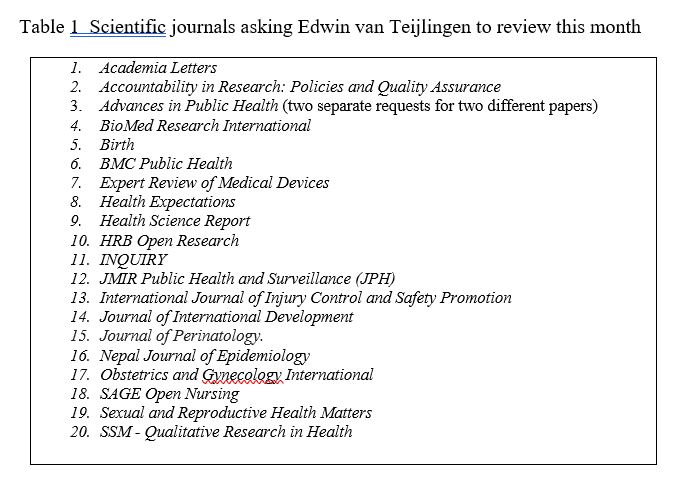
 The good news is that a lot of BU’s academics are bidding for external research funding. Our numbers of bids in preparation is up by 20% on pre-pandemic levels. This is helping BU build a healthy and sustainable pipeline to good quality research.
The good news is that a lot of BU’s academics are bidding for external research funding. Our numbers of bids in preparation is up by 20% on pre-pandemic levels. This is helping BU build a healthy and sustainable pipeline to good quality research.



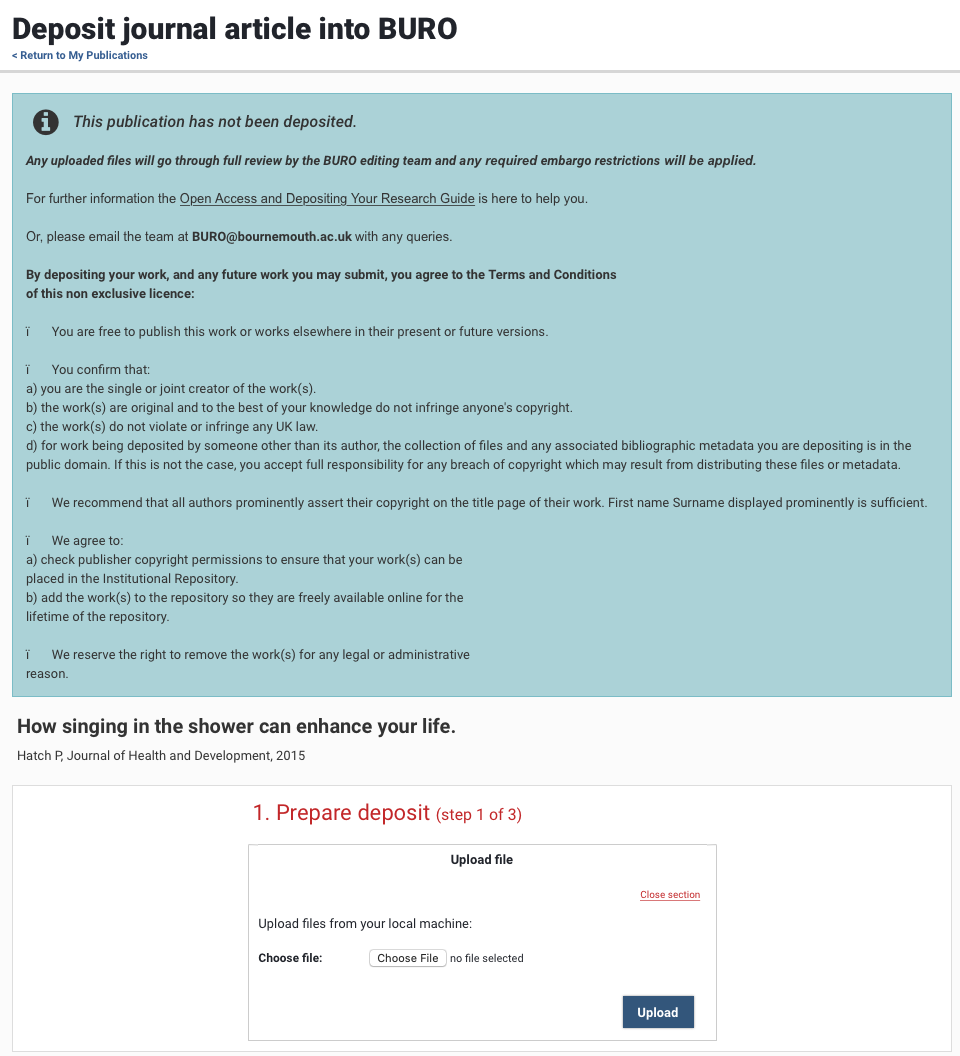
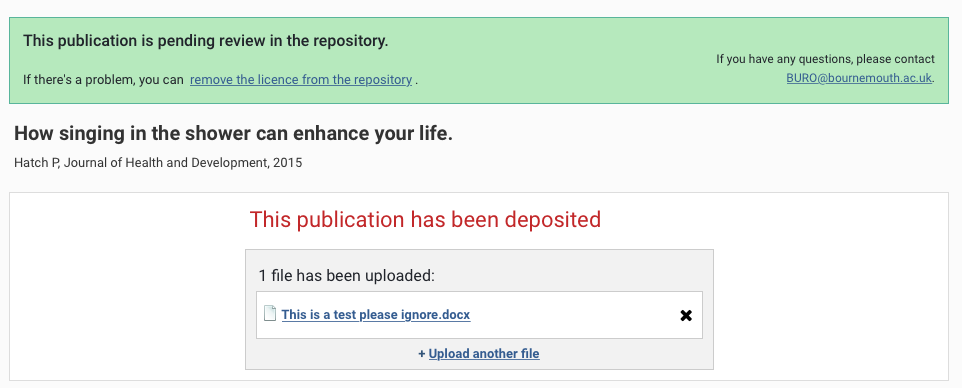
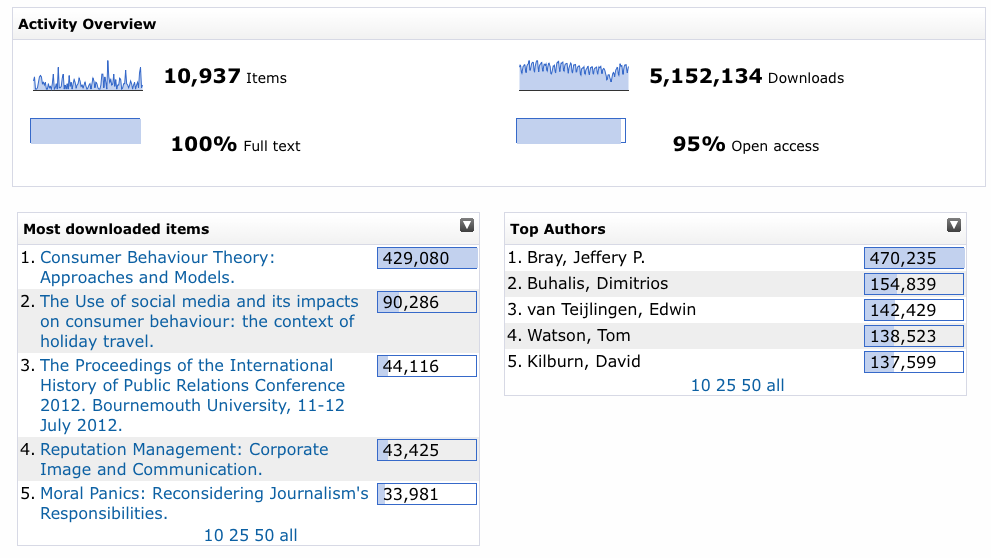














 Read and sign up to BU’s Policy Influence Digest
Read and sign up to BU’s Policy Influence Digest Upcoming opportunities for PGRs – collaborate externally
Upcoming opportunities for PGRs – collaborate externally BU involved in new MRF dissemination grant
BU involved in new MRF dissemination grant New COVID-19 publication
New COVID-19 publication MSCA Postdoctoral Fellowships 2024
MSCA Postdoctoral Fellowships 2024 Horizon Europe News – December 2023
Horizon Europe News – December 2023